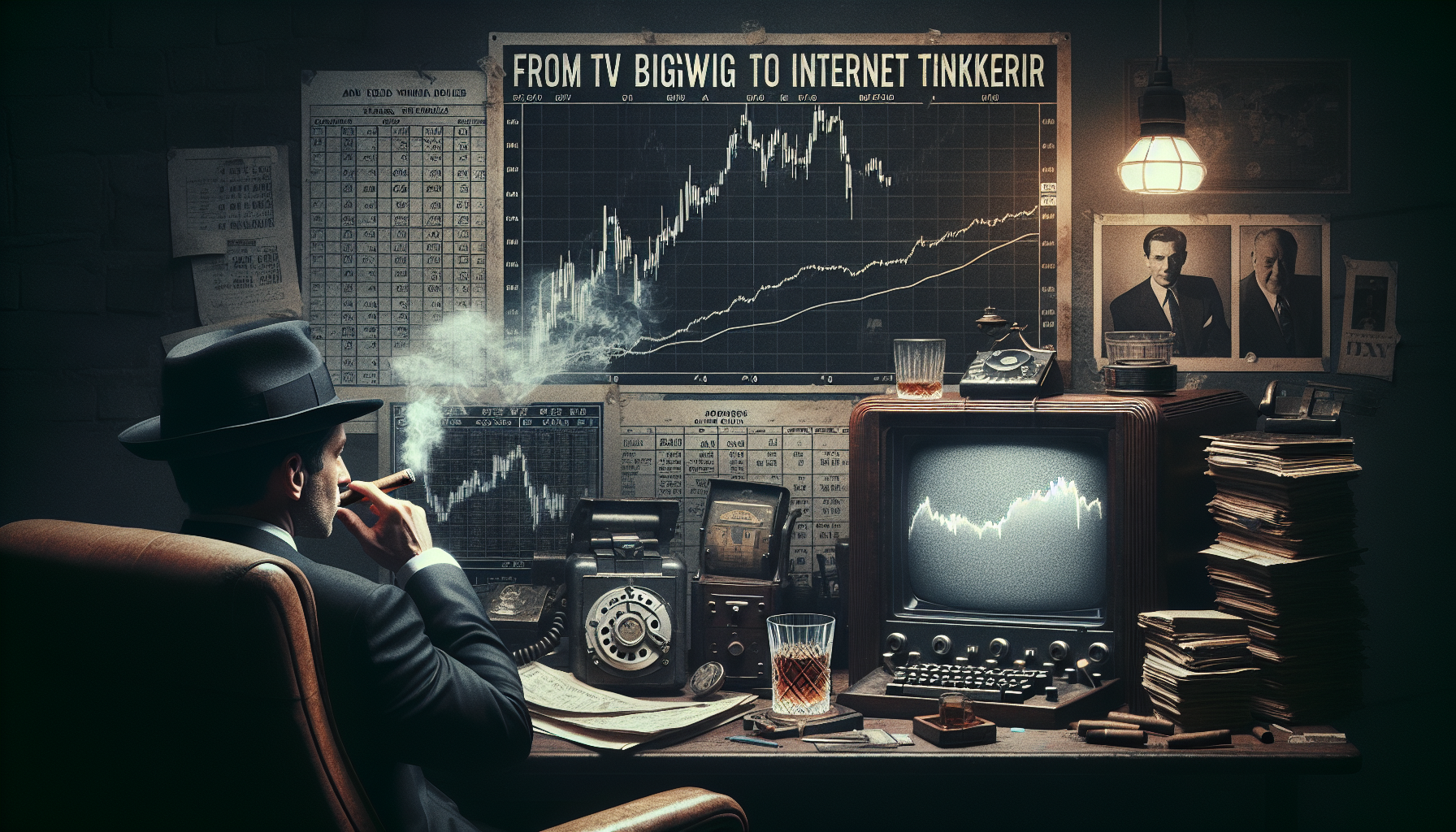
Of all the big egos in Hollywood’s 20th-century limelight, Barry Diller stands out for making a savvy internet pivot. Let’s cut to the chase: after steering the ship at ABC, Paramount, and Fox, the guy decided he was done answering to anyone. Either you’re independent, or you’re not. He saw the potential in interactivity long before most and built a diverse empire including Expedia Group and a clutch of online dating platforms. Not bad for someone People magazine once called a heavy hitter for failure.
In his memoir “Who Knew,” Diller glosses over his internet coup, focusing more on his Hollywood antics. Here’s what this really means: Diller isn’t throwing tech fluff; he knows the value of a good story, but the man made money moves when it counted. My first question to him was cutting through to the hows of his transformation from a Hollywood mogul to an internet heavyweight. He concedes the brevity, saying he ran short on time—a book 15 years in the making needs more than a few pages on building a tech empire, but sure, let’s go with that.
Diller’s early exposure to computers is framed as some epiphany, with a gushing New Yorker piece marveling at his PowerBook fetish. To anyone who actually traded in the ’90s, it’s just practical—keep your data close and your decisions sharp. He devoured data, paranoid of becoming obsolete. Here’s a key takeaway: it doesn’t matter if you’re a mogul or a mail room clerk, understanding the fine print can save your skin.
His paths crossed with Steve Jobs, who was apparently miffed at Diller’s disdain for animation. Diller didn’t want a seat on Pixar’s board, and hindsight being what it is, he acknowledges being wrong. But look, not jumping into bed with Jobs meant sidestepping Apple’s draconian 30% store cut nonsense that’s now being probed for antitrust violations. Diller might have ducked one bullet only to catch another, but he’s still a shrewd operator.
Diller rode the first internet wave with acquisitions, snapping up Expedia from Microsoft and crafting a $100 billion travel juggernaut. Luck, chance, timing—all factors he humbly credits. But let’s be real: his penchant for shaking up the status quo is the blood and guts of his success. This isn’t the first time we’ve seen this circus, but Diller’s brand of risk-taking carries weight. He nudged ABC into original movies, giving a nod to prestige TV long before Netflix stepped on the scene.
He’s blunt about the Hollywood-to-tech industry shift, noting that old media isn’t going to regain dominance against tech titans like Amazon and Apple. Sure, Diller’s not losing sleep—he points out that while algorithm producers are fattening their pockets, there’s little joy in that world. Creating a hit show was a different animal from launching a dating app like Tinder. It was thrilling, sure, but to him, it lacked the soul of content creation.
On the AI front, Diller acknowledges it’s a game-changer. Drop some names, and yeah, he’s rubbing elbows with Sam Altman of OpenAI fame. Integrating AI into Expedia is just another example of staying ahead of the curve, but for someone who’s seen tech cycles, it’s par for the course. AI’s unpredictability doesn’t faze him; he’s been burnt and learned from it.
Summing up, Diller’s story is one of resilience and adaptability—not just the glamor of collecting companies. His real strength? Seeing icebergs before they hit and having the guts to pivot away from what’s comfortable. It’s not rocket science: keep a skeptical eye out, make informed calls, and don’t be swayed by every shiny thing crossing your path. That’s the seasoned play, plain and simple.


